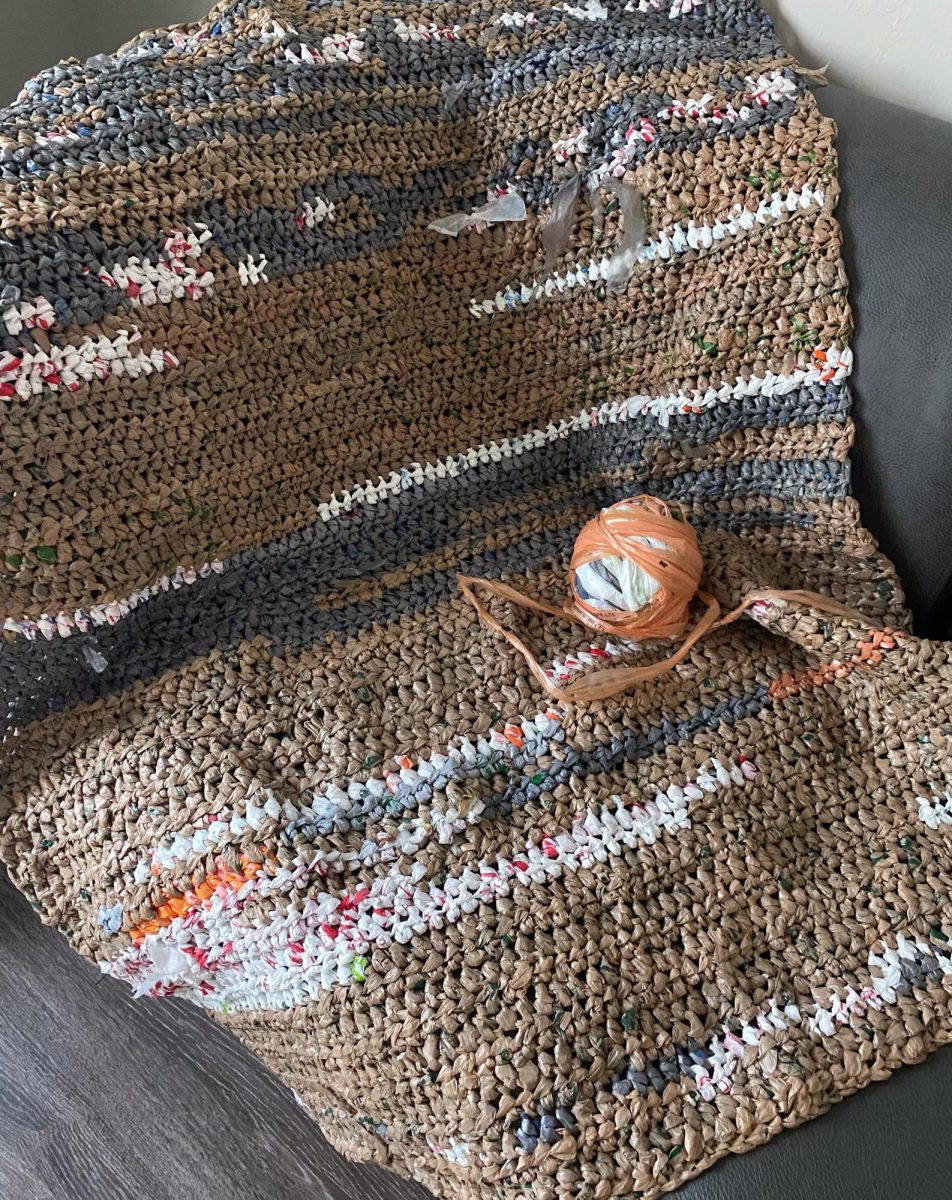Three pregnant women in Florida tested positive for Zika virus antibodies, according to a Wednesday press release from Florida Surgeon General Dr. John Armstrong, raising the total number of suspected Zika cases in Florida to 32.
While the three women tested positive for Zika antibodies, it isn’t clear that they contracted the Zika virus, said Scott Michael, who has a doctorate in chemistry and is a professor at FGCU.
“There are two ways to test for Zika,” Michael said. “The first is a RT-PCR test, which detects the virus itself. If you get a positive result on the RT-PCR test, you know you have Zika right now.”
Michael said the other test, an antibody test, is more ambiguous. The antibody test detects antibodies from not only Zika but many other viruses, including Dengue Fever, West Nile Virus and Yellow Fever. A positive result from the antibody test might indicate that the patient had one of the other viruses, not necessarily Zika. Antibodies could show up on the test for months after the patient has already recovered from the virus.
According to the Florida Department of Health, the three pregnant women were tested with the antibody test and not the RT-PCR test.
Although the Zika virus has relatively mild symptoms in most people — fever, joint pain and headaches — it does correlate with microcephaly in babies whose mothers contracted Zika while pregnant. Microcephaly is an abnormally small head, which can harm the development of a baby’s brain.
Michael said that while no one has been able to show in an experiment that Zika is a cause of these birth defects, some scientists have found Zika growing in the brains of aborted babies. That growth does indicate a correlation between microcephaly and cases of Zika in pregnant mothers.
Zika tends to clear a person’s body within seven to 10 days. Michael said there is less of a risk of birth defects in children who were conceived when the Zika was no longer present in the body than if the virus was active.
There is no treatment for Zika, but Michael and FGCU professor Sharon Isern have developed an inhibitor that is being tested by Ennaid Therapeutics in Georgia for its effectiveness as a Zika treatment.
Michael said the number of Zika cases in Florida could be higher than the numbers that have been reported to the Centers for Disease Control, because only one in five people with Zika will show symptoms.
“If we have three (symptomatic) women who tested positive for Zika,” Michael said, “that statistically means that we may have 15 pregnant women in Florida with Zika.”
Only people who exhibit symptoms are tested for Zika.
Governor Rick Scott declared a public health emergency for the state of Florida on Feb. 17 because of the confirmed Zika cases in Florida. He released a statement Wednesday regarding the three pregnant women.
“Following the news that three pregnant women tested positive for the Zika virus after traveling to Latin America, we have requested additional antibody tests to ensure we keep a good supply of resources,” said Scott in a statement.
The antibody test kits are handmade, Michael said, so the supply is limited. It is unclear whether Scott plans to direct any resources or funding toward Zika resources or research.
To prevent mosquito bites which may transmit Zika, the CDC recommends wearing long-sleeved shirts and long pants, wearing insect repellent and being aware of health notices when traveling between countries.
According to the CDC website, no cases of Zika virus have been locally acquired in the state of Florida. All cases reported as of Wednesday were acquired either outside of the U.S. or were sexually transmitted by someone who had traveled outside of the U.S.
Check back for more information from the Florida Department of Health.



































